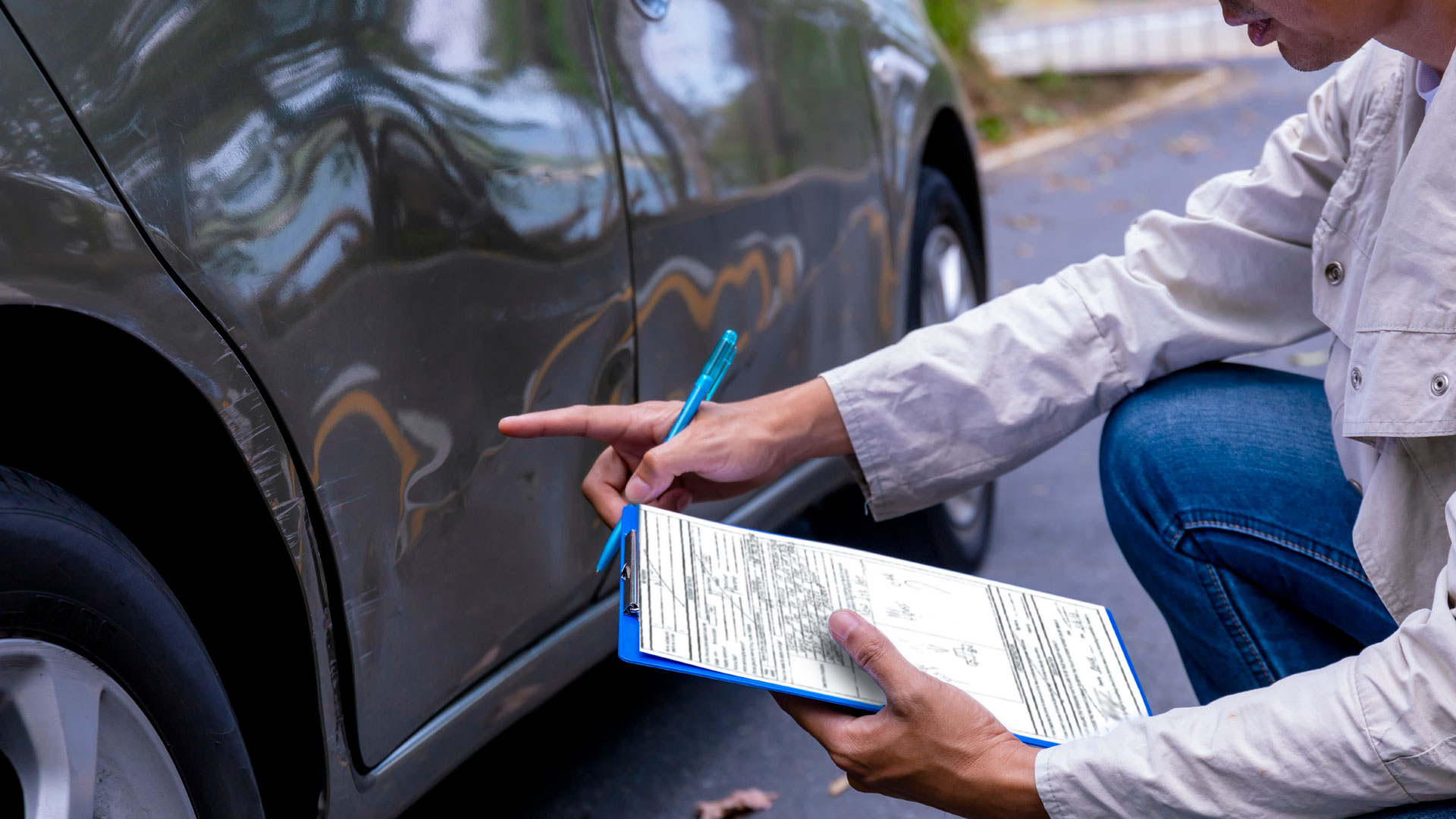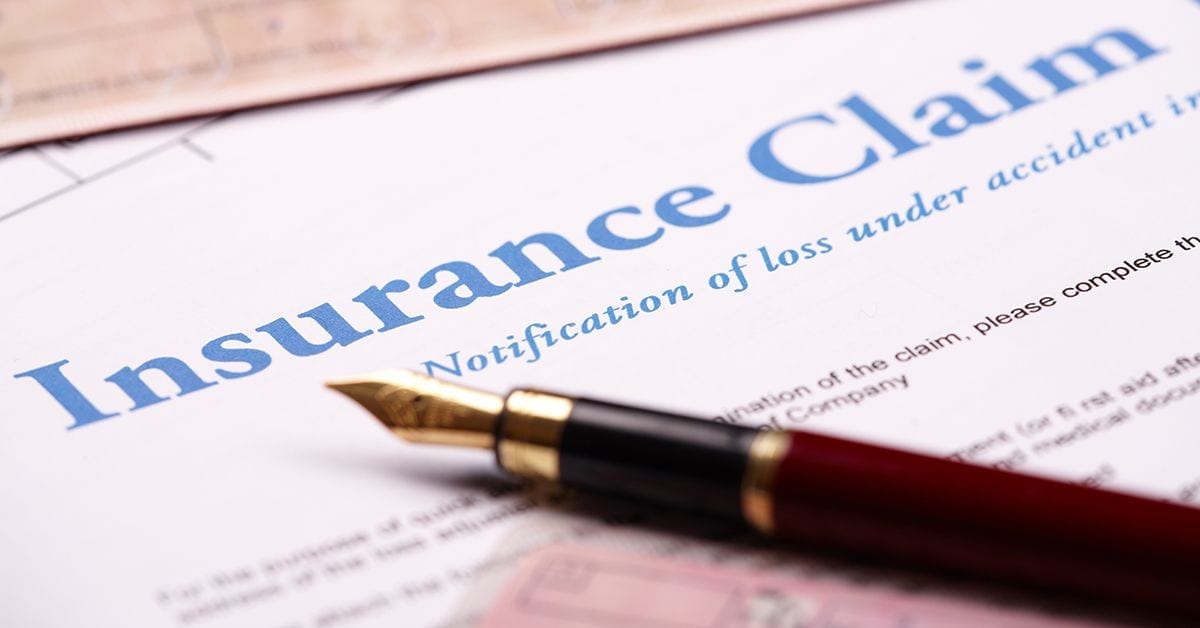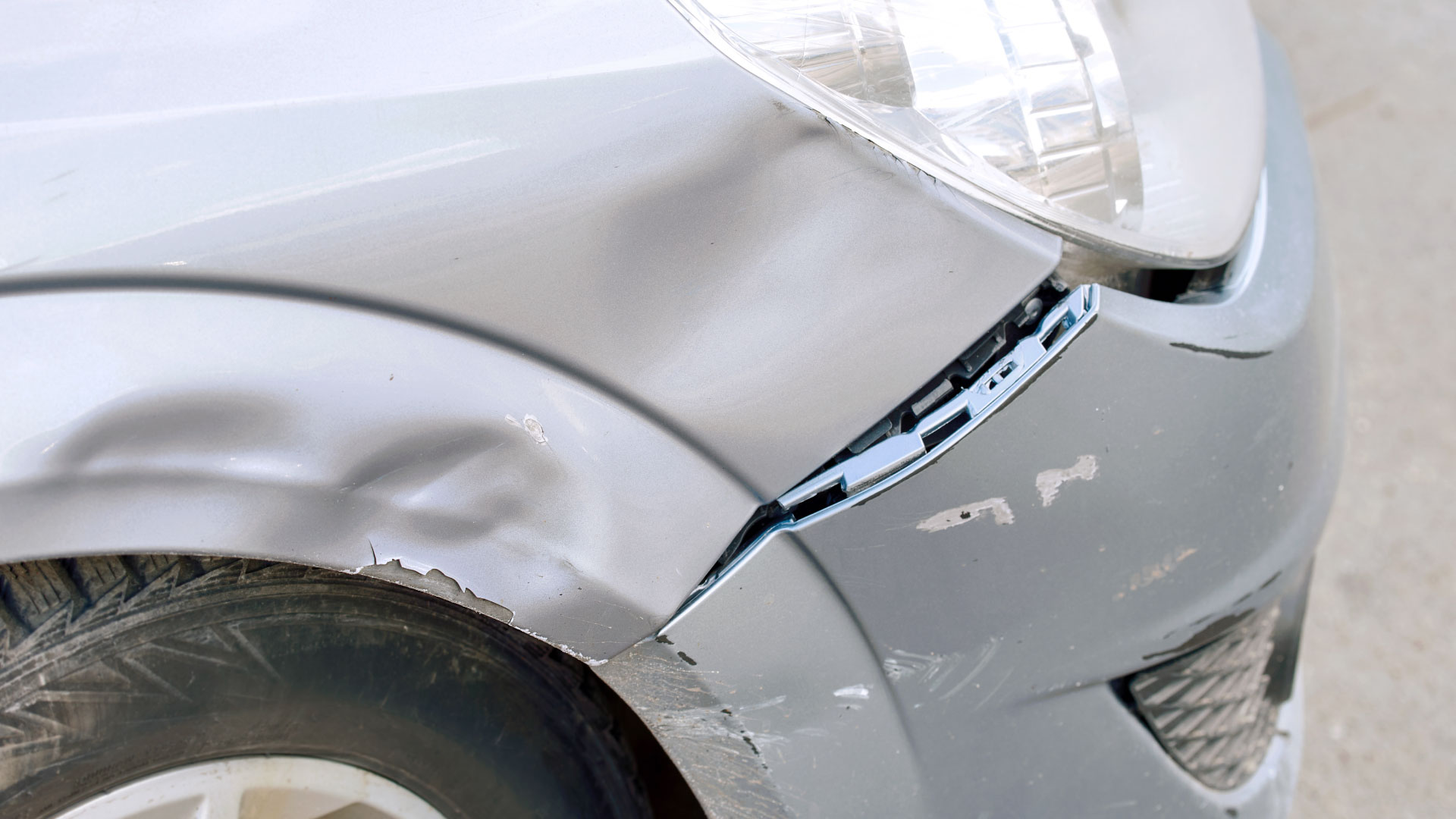What Happens If I Was a Passenger in a Car Accident in Georgia or South Carolina?
- Key Takeaway #1: Injured passengers can file a personal injury lawsuit to recover compensation for medical bills, lost wages, pain and suffering, and more—often through the at-fault driver’s insurance or their own.
- Key Takeaway #2: As a passenger, you’re usually not at fault, but navigating whose insurance pays and how much you’re owed can get complicated fast.
- Key Takeaway #3: From bills to emotional distress, a skilled attorney ensures you don’t settle for less than the full value of your personal injury claim.
While being involved in a car accident is always frightening, being a passenger in that accident comes with good news and bad news.
On the plus side, because you weren’t driving, you likely have no fault in the accident, which simplifies your path to making a claim. However, a handful of challenges arise:
- What if multiple insurance policies were involved?
- Which insurer should you contact?
- What if the driver is a friend or family member that you don’t want to bring a claim against?
Our team at M. Austin Jackson Injury Lawyers is here to answer your questions. Whether your accident happened in Georgia or South Carolina, we’ll walk you through what to expect, what steps to take, and how to protect your right to fair compensation.
Steps to Take Immediately After the Accident
The actions you take in the hours and days following a crash can make a big difference in your recovery—both physically and financially. Here are a few important steps to take:
- Seek medical attention. Even if you feel okay, get checked out. Some injuries take time to show symptoms, and having early medical documentation can strengthen your claim.
- Call the police. Make sure the accident is officially reported. This will create an objective record of what happened.
- Collect contact and insurance info. Get names, phone numbers, insurance details, and license plate numbers from every driver involved in the accident.
- Document the scene. If you’re able, take photos of the vehicles, surroundings, and any visible injuries. These details can strengthen your claim down the road.
- Avoid making statements about fault. Stick to the facts when talking to police or insurers. Don’t apologize or speculate about who caused the crash.
Understanding Your Insurance Options as a Passenger
One of the most common questions we get is, “Whose insurance will pay for my injuries?” The answer isn’t always straightforward, but here are the most common sources of coverage:
The Driver’s Insurance
If you were riding with someone else and they caused the crash, their liability insurance should cover your injuries. Even if they weren’t at fault, their policy may offer Medical Payments (MedPay) coverage, which can help cover your medical expenses regardless of fault.
The At-Fault Driver’s Insurance
If another driver caused the accident, their liability insurance will generally be responsible for compensating all injured parties, including passengers. In multi-car accidents, this can get tricky, especially if fault is shared. But in most cases, the at-fault driver’s policy will be the primary source of compensation.
Your Own Insurance
You may also have coverage through your own auto insurance policy or health insurance. For example, your uninsured/underinsured motorist (UM/UIM) coverage could apply if the at-fault driver doesn’t have enough insurance. Health insurance can also help cover your medical bills, though you may need to reimburse some of those costs later if you receive a settlement.
If you have questions about who to contact, get in touch with our compassionate car accident attorneys. We offer free, no-obligation consultations, and we’d love to hear your story and support you during a tough time.
Determining Liability in Passenger Injury Claims
While passengers are rarely considered at fault, liability still needs to be determined to figure out which person (and therefor, whose insurance) is responsible.
Georgia and South Carolina both follow a modified comparative negligence rule. This means that compensation may be reduced based on a party’s percentage of fault. However, passengers are almost never assigned a portion of blame, unless they directly contributed to the crash (for example, by distracting the driver or encouraging reckless behavior).
In Georgia, if you’re found to be 50% or more at fault, you cannot recover damages. In South Carolina, the bar is slightly higher—you must be 51% or more at fault to be disqualified from recovering compensation. In both states, if you’re found partially at fault but below these thresholds, your compensation will be reduced based on your percentage of responsibility.
While this is rarely a concern for passengers, it becomes important when navigating insurance company arguments, especially in multi-car accidents where blame is disputed.
Single-Car Accidents
If you were injured as a passenger in a single-vehicle crash—for example, if the driver lost control and hit a tree—then that driver’s liability insurance (as well as any UM/UIM coverage of your own, assuming you exhaust the limits of the driver’s policy) would generally be responsible for your injuries.
Multi-Vehicle Accidents
When multiple drivers are involved, each insurance company may try to shift blame onto the others. This can delay your claim, but it doesn’t prevent you from pursuing compensation. In some cases, more than one driver may share fault, and you likely will want to file claims against multiple insurers.
Your attorney will help determine how modified comparative negligence applies in your case and ensure you aren’t unfairly penalized by conflicting fault claims.
The Passenger Injury Claims Process
Filing a claim as an injured passenger typically involves these steps:
- Notify all relevant insurance companies. You may need to report the accident to the driver’s insurer, the at-fault driver’s insurer, and your own insurance.
- Gather medical records and documentation. Keep a detailed file of your diagnoses, treatments, and expenses.
- Determine who was at fault. Your attorney will investigate the crash and review the police report to identify liable parties.
- Negotiate a settlement. Once liability is clear and your damages are known, your lawyer will negotiate with the insurance companies to get you a fair settlement.
- File a lawsuit if needed. If the insurer won’t offer a fair amount, a personal injury lawsuit may be necessary to recover full compensation.
In some cases, claims against multiple insurance companies may overlap or conflict, which is why working with a legal team can help you navigate the process without missing key deadlines or opportunities. Our car accident attorneys at M. Austin Jackson have a long history of winning negotiations with insurers and we can advocate for you in court if needed.
Potential Compensation for Injured Passengers
If you were hurt as a passenger, you may be eligible to recover compensation across three major categories:
Economic Damages
These are your direct, out-of-pocket expenses related to the accident, such as:
- Emergency medical care, surgeries, hospital stays
- Rehabilitation, therapy, and follow-up treatment
- Lost wages if you missed work during recovery
- Future lost earning capacity if your injuries impact your long-term career
Non-Economic Damages
These damages reflect the physical and emotional toll of the accident, including:
- Pain and suffering
- Emotional distress or anxiety
- Loss of enjoyment of life
- Loss of companionship or impact on personal relationships
Punitive Damages
In rare cases—such as when the at-fault driver was intoxicated or driving recklessly—punitive damages may be awarded to punish egregious behavior and deter future misconduct.
An experienced auto accident attorney can help you evaluate the full scope of your damages and make sure you don’t leave money on the table. Insurance companies may try to offer a quick settlement that only includes economic damages, but a strong legal advocate will push for a resolution that reflects your total physical, financial, and emotional losses.
Special Considerations for Passenger Claims
Passenger claims are often simpler than driver claims when it comes to fault. But there are still a few complications to be aware of:
When the Driver Is a Friend or Family Member
It can feel uncomfortable to file a claim against someone you know. But remember: you’re seeking compensation through their insurance policy—which is exactly why they have coverage in the first place.
Passenger Contributory Negligence
While rare, passengers can sometimes be found partially at fault. For example, if you encouraged the driver to speed or were distracting them at the time of the accident, your compensation could be reduced. If you may have played a part in the collision, our car accident lawyers can help you sort out whether it will hinder your ability to recover.
How Our Attorneys Can Help With Your Passenger Injury Claim
At M. Austin Jackson Injury Lawyers, we help injured passengers throughout Georgia and South Carolina understand their rights, untangle complex insurance situations, and pursue full compensation.
Here’s how we support your case:
- Investigate the accident to determine fault
- Identify all available insurance coverage
- Handle all communication with insurance companies
- Calculate the full value of your damages
- Negotiate assertively on your behalf
- Take your case to trial if needed
We understand how overwhelming it can be to recover from a crash while navigating the legal system. Our job is to take that burden off your shoulders and make sure you’re treated fairly at every stage.
If you were injured as a passenger, you deserve answers, support, and the compensation you need to heal. Contact us today for a no-cost, no-pressure consultation.
Frequently Asked Questions
Can I file a claim if I wasn’t wearing a seatbelt?
Yes. You can still file a claim, but your compensation may be reduced if the insurer can prove that not wearing a seatbelt made your injuries worse.
What if both drivers were partially at fault?
You may be able to file claims against both drivers’ insurance policies. Your lawyer can help apportion fault and ensure you’re not shortchanged.
How long do I have to file a claim as an injured passenger?
In Georgia, the statute of limitations is generally two years from the date of the accident. For South Carolina, it’s usually three years. It’s always best to start the process early.
Will filing a claim against a friend’s insurance raise their rates?
Possibly, but that’s ultimately up to their insurance provider. Your focus should be on your recovery.
What if the insurance coverage is insufficient for my injuries?
You may be able to tap into additional coverage, like your own UM/UIM policy or a household member’s policy. A skilled car accident attorney will explore every possible payment source.
Is the process different if I was a passenger in Georgia vs. South Carolina?
The overall process is similar, but state laws do vary. Our firm practices in both states and can explain how local laws apply to your situation.
M. Austin Jackson has more than a decade of experience helping his neighbors in Georgia and South Carolina receive justice and fair compensation after an injury. An Augusta native, Austin is honored to serve this wonderful community, and he prides himself on providing friendly, personal legal guidance for folks in the middle of a hard time.









